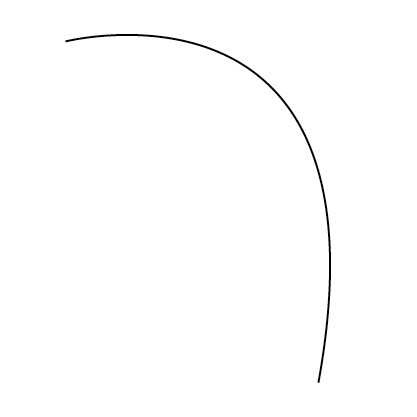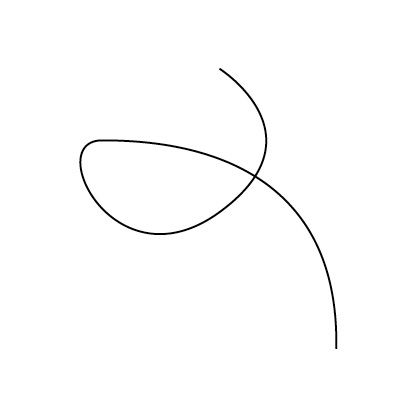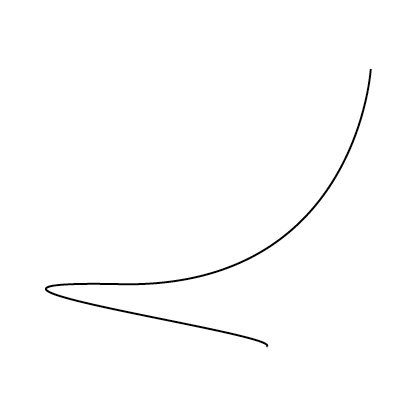Artist / Writer / Creative Producer
I Can’t Enjoy My Tea (2024)



See related artwork: “To Be Touched Is To Exist (Is To Be Seen)
Written together with Luna Kanters and Marion Duchamp
Graphic Design by Haoran Zhi
Photos by Matija Stojanovic and Özgür Deniz Koldaş








